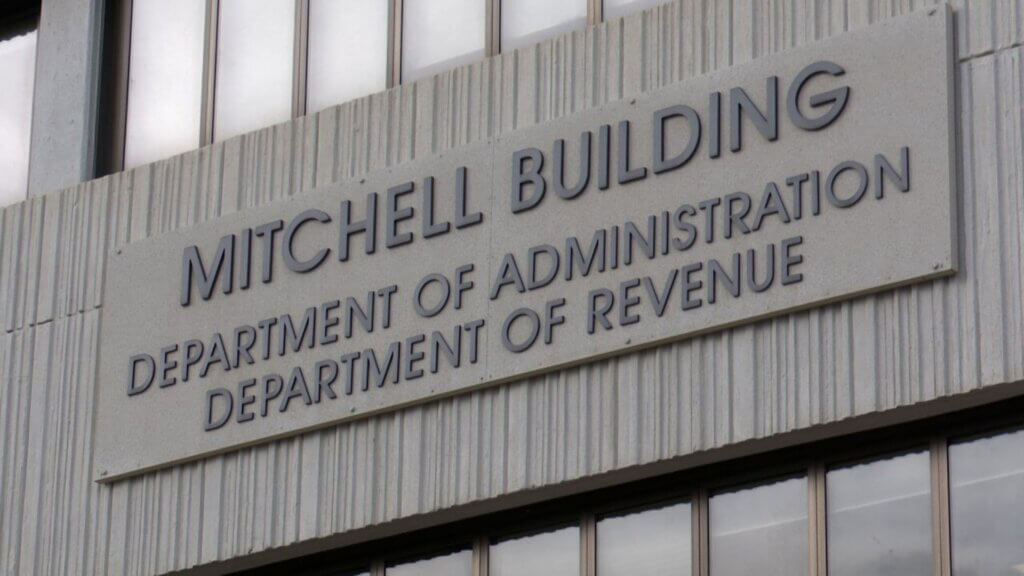
Montana is a taxpayer-friendly state with low sales and property taxes. However, its income tax rate is fairly high. To help offset this, the state offers a variety of credits and deductions. Some of these include the Earned Income Tax Credit, college savings account credit, and the home energy efficiency rebate credit. These credits and deductions can save you significant money on your Montana tax bill.
Montana’s tax deductions and credits are a key component of the state income tax. They allow residents to reduce their taxable income by claiming certain items, such as the personal exemption, which is allowed up to $2,580 for single filers and married filing separately. In addition, the state offers several other tax breaks that are not found in the federal code, such as a credit for income taxes paid to another state and a capital gains credit.
Montana Earned Income Tax Credit
Montana has a refundable Earned Income Tax Credit that helps support families with low-incomes, and is capped at $3,000. This credit is based on family size and earnings and can be used to offset both income and payroll tax liabilities. It can be carried forward for up to five years.
Montana’s Earned Income Tax Credit shifts about $11 million a year to low-income working families. It adjusts the state’s corporate income tax to shift more of the burden from companies with extensive in-state facilities and payrolls to e-commerce companies that sell into Montana but have a light physical footprint. This will cost the state about $150 million a year.

Montana Property Tax Credit
The state also has a property tax credit that refunds up to 5 percent of a household’s property taxes. The credit is available to those who live in Montana and pay property taxes for nine months or more of the year and whose income doesn’t exceed $45,000. The Department of Revenue recommends filing a return to claim this credit.
In 2021, the Montana legislature passed a package of tax changes that will have major implications for how people file their returns. The new laws will require couples to use the same filing status for their state and federal returns. They will also tie state taxable income to the higher federal standard deduction. The legislation also eliminated several tax deductions and credits. These changes will significantly affect the number of taxpayers who are required to file a state return.